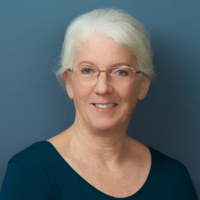If you die or cannot take care of your child or children, the person who assumes care of your child is determined by the arrangements that you have in place at the time of your death or incapacity.
By default, each parent of a child is usually the child’s guardian, so long as there is no agreement or order providing otherwise. However, a parent who has never resided with the child is not the child’s guardian unless: (1) the parent is deemed a parent by a written agreement with respect to assisted reproduction; (2) the parent and all of the child’s guardians make an agreement providing that the parent is also a guardian; or (3) the parent regularly cares for the child.
If you already share guardianship with someone that you would like to carry on as the sole guardian of any of your children after you die or cannot care for your children due to incapacity, no further planning needs to be done.
If you share guardianship with someone that you do not want to become the sole guardian of your child or children if you are unable to carry on as guardian, there are steps you can take to ensure a person of your choice becomes one of the child’s or children’s guardians in your place . This is called the appointment of a “stand-by guardian” and it is a new tool provided under the Family Law Act.
If you appoint a stand-by guardian and then die, unless you indicate otherwise in the appointment, the appointment of the stand-by guardian will override your Will and any other instrument made by you, so it is important to ensure that appropriate instructions are left in all of the relevant documents.
A family lawyer or estate planning lawyer at North Shore Law LLP will gladly assist you with the appointment of a stand-by guardian and the review of your estate plan.










